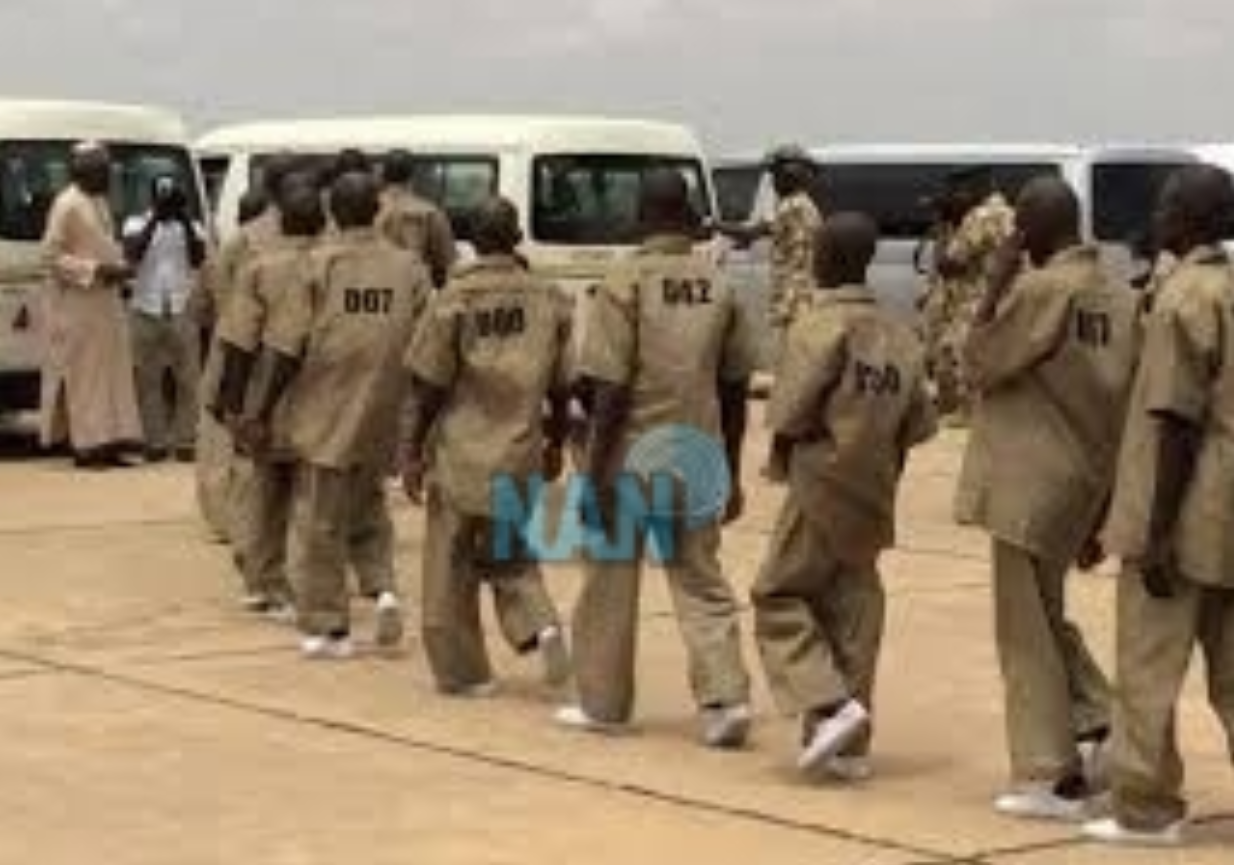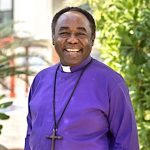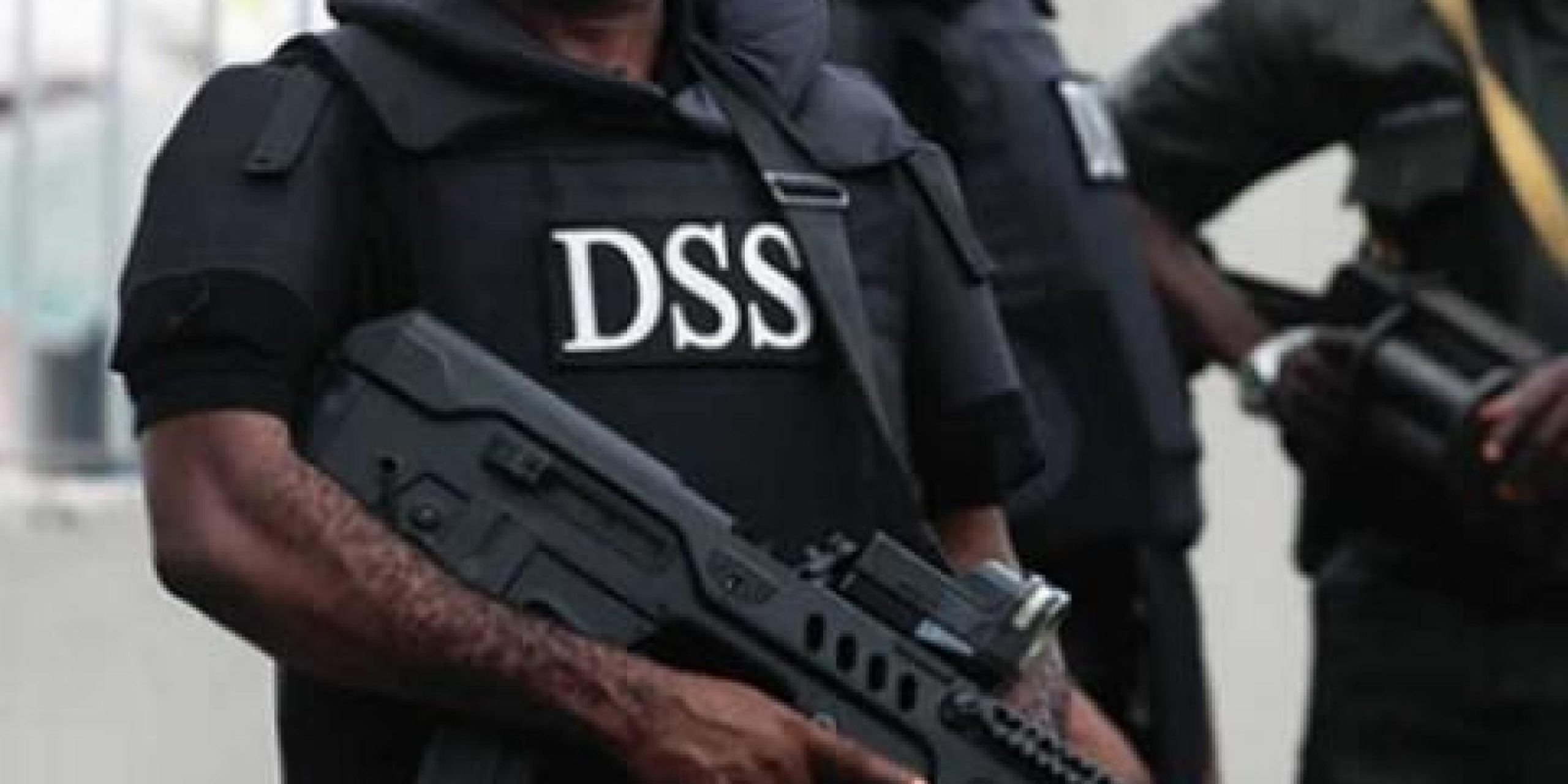The concept of Amnesty, Disarmament, Deradicalisation and Reintegration (DDR) are universal tools used in resolving conflicts and violence with remarkable results globally.
However, community-based reintegration is much more critical to sustainable peace in any country coming out of conflict.
Amnesty refers to a decision by government to allow political prisoners to go free. It has fixed period during which people are not punished for committing a particular crime and to hand in illegal weapons.
Disarmament on the other hand is taking away or giving up weapons while deradicalisation is the process of making someone become less extreme in their political, religious or ideological beliefs.
Reintegration on the other hand is an action or process of integrating someone back into society.
In Nigeria, there has been high emphasis on military response to the profound security and political challenges confronting the country.
In spite of that, issues of amnesty and negotiations are not new. Nigeria has at various times drawn on such lenient approaches to mitigate conflict when military actions failed.
The most prominent case was the amnesty programme for militants in Nigeria’s Niger Delta region in 2009.
In the North East’s violent and complex conflicts, some Boko Haram elements had transformed into international terror groups known as Islamic State of West Africa Province (ISWAP).
The complexity of the insurgency and the heterogeneous nature of non-state armed groups in the region demand that the state apply a mix of both military and civil approach to the crisis.
Thus, Operation Safe Corridor (OPSC), established in September 2015, was the first step towards amnesty and application of DDR solutions by Nigerian government towards ending insurgency and violent extremism in the North East.
According to the OPSC Coordinator, Maj.-Gen. Joseph Maina, the programme has successfully processed 1,573 clients, comprising 1,555 Nigerians and 18 foreign nationals from Cameroon, Chad and Niger Republics, since the OPSC commenced its DDR programme in 2016.
Maina also said 613 clients, including five foreigners from Chad and Niger, were transferred to the DRR camp on Sept. 8, 2022 to commence deradicalisation, rehabilitation and reintegration training.
The OPSC Coordinator, however, said 19 of the clients had to be transferred to the University of Maiduguri Teaching Hospital neurological centre for expert psychiatric management.
According to him, the 613 clients are low-risk repentant terrorists who will be rehabilitated and transferred to their various states in Nigeria for reintegration into the society.
This is where the concept of community-based reintegration becomes more imperative.
According to the National Centre for Counter Terrorism in the Office of the National Security Adviser (CTC-ONSA), transforming those who took up arms into normal civilians is crucial to ending violent extremism.
To drive this point, the centre recently held a 4-Day National Technical Workshop on Amnesty Management, Deradicalisation and Community-Based Reintegration in Abuja.
National Security Adviser (NSA), retired Maj.-Gen. Babagana Monguno, said the alarming scale at which youths are joining armed groups, demands greater focus on preventing radicalisation among young people and transforming those who took up arms into normal civilians.
Monguno said the DDR was fundamentally to re-establish state monopoly of violence and control, secure stability and initiate a process leading to sustainable development.
According to him, the concept and practice of amnesty is not new in Nigeria, as Federal Government and several states have repeatedly granted amnesties.
He however said that amnesty could be counter-productive to national security if there are no established policies and legislations, national ownership and coordination mechanism for the amnesty programme.
“Amnesty, Disarmament, Rehabilitation, Deradicalisation, Early Recovery and Reintegration fundamentally contribute to creating a stable and secure environment, so that overall development can begin and be consolidated.
“Significant success has been achieved with the security efforts in the North-East and North-West.
“However, the shifting strategy of violent groups and the inability of troops to hold and stabilise recovered territories create a key challenge.
“Thus, the cooperation of communities is unavoidable in the quest for Government to consolidate on the gains of ongoing Counter-Terrorism Operations while measures to win the hearts and minds of the population is critical, and gradual resettlement and reintegration of affected communities is crucial for success.
“This involves military, political, civil, social, economic and humanitarian interventions, implemented within a multi-stakeholder platform,’’ the NSA said.
According to Monguno, the scale of atrocities committed against communities have created conditions for hate and reprisals against real or perceived perpetrators, including the victims.
“Justice whether retributive, transitional or transformational are major precursors and should be prioritised by key stakeholders in the field.
“It is worthy of note that the DDR policy field is reconfiguring its tools, policies and practices to address the diversity of armed actors in contemporary conflicts,’’ he said.
The NSA said the Nigerian government has been complementing kinetic means with soft approaches, stabilisation and peace building measures to secure lasting peace in the country.
He explained that all peace-building processes related to armed conflicts require combatants to surrender their arms through voluntary or non-voluntary way, followed by demilitarisation and reintegration into civilian life.
The NSA said so far, the government, its partners and other stakeholders have been successfully implementing the DDR strategy, which was developed in collaboration with International Organisation for Migration to guide the OPSC programmes.
The Country Director, International Alert Nigeria, Mr Paul-Bemshima Nyulaku, however, said though deradicalisation was part of Operation Safe Corridor, the concept of community-based reintegration has not been too popular in Nigeria.
Nyulaku therefore said there was need to engage and sensitise communities to accept back repentant and deradicalised insurgents.
According to him, community-based reintegration is critical to sustainable peace in Nigeria.
He said as government continues to lead the DDR programme, it is important to properly engage communities to accept the programme.
The European Union (EU) Ambassador to Nigeria, Ms Samuela Isopi, during the ONSA workshop, expressed EU’s commitment to building on the works done to support reconciliation and integration in the North East.
She said the EU has been a long standing partner of Nigeria on both DDR and Preventing and Countering Violent Extremism, including amnesty, deradicalisation and community-based reintegration in the North East region.
According to her, the OPSC has so far been a model for other countries on what could be done to address violent extremism and reintegration of repentant extremists.
The envoy said the wave of mass exit of insurgents since 2021 in the North East was part of the success of the OPSC programme.
Similarly, the British High Commissioner to Nigeria, Catriona Laing, said considerable progress has been made by Nigerian Government and a number of states on non-kinetic approaches to resolving conflicts across the country.
Lang advised that while amnesty and voluntary DDR processes are essential components of successful conflict resolution, it should be done based on internationally acceptable laws.
She said that the processes should be complemented by robust, timely and fair criminal judicial procedures, especially for those who committed grave crimes.
“This is particularly important in the case of former associates of terrorist groups, as UN Security Council Resolution 1373 creates an obligation on all member states to bring terrorists to justice.
“In all cases, approaches must be compliant with international humanitarian and human rights laws.
“Even for those members of armed groups who will not undergo criminal prosecution, some form of justice may be necessary,” the envoy said.
Also, Nicolas Lang, the Swiss Ambassador to Nigeria, said the experiences in North East Nigeria showed that Demobilisation, Disarmament, Deradicalisation, Rehabilitation and Reintegration (DDDRR) were important alternatives to military combat in weakening insurgencies.
He said unlike before when conflicts involving non state armed groups like Boko Haram and ISWAP tend to portray that there could be no easy way out, the DDDRR has now triggered a sense that fighting does not have to be endless.
According to him, fewer armed conflicts around the world ended through military pressure and demobilisation strategies, as such the DDDRR is very significant to ending violent extremism and terrorism.
Lang said as frustrating as it may look, a lasting solution to the conflict in the North East will likely emerge through a political solution based on dialogue and talking, taking into account the different grievances of those affected by the conflict.
NAN








